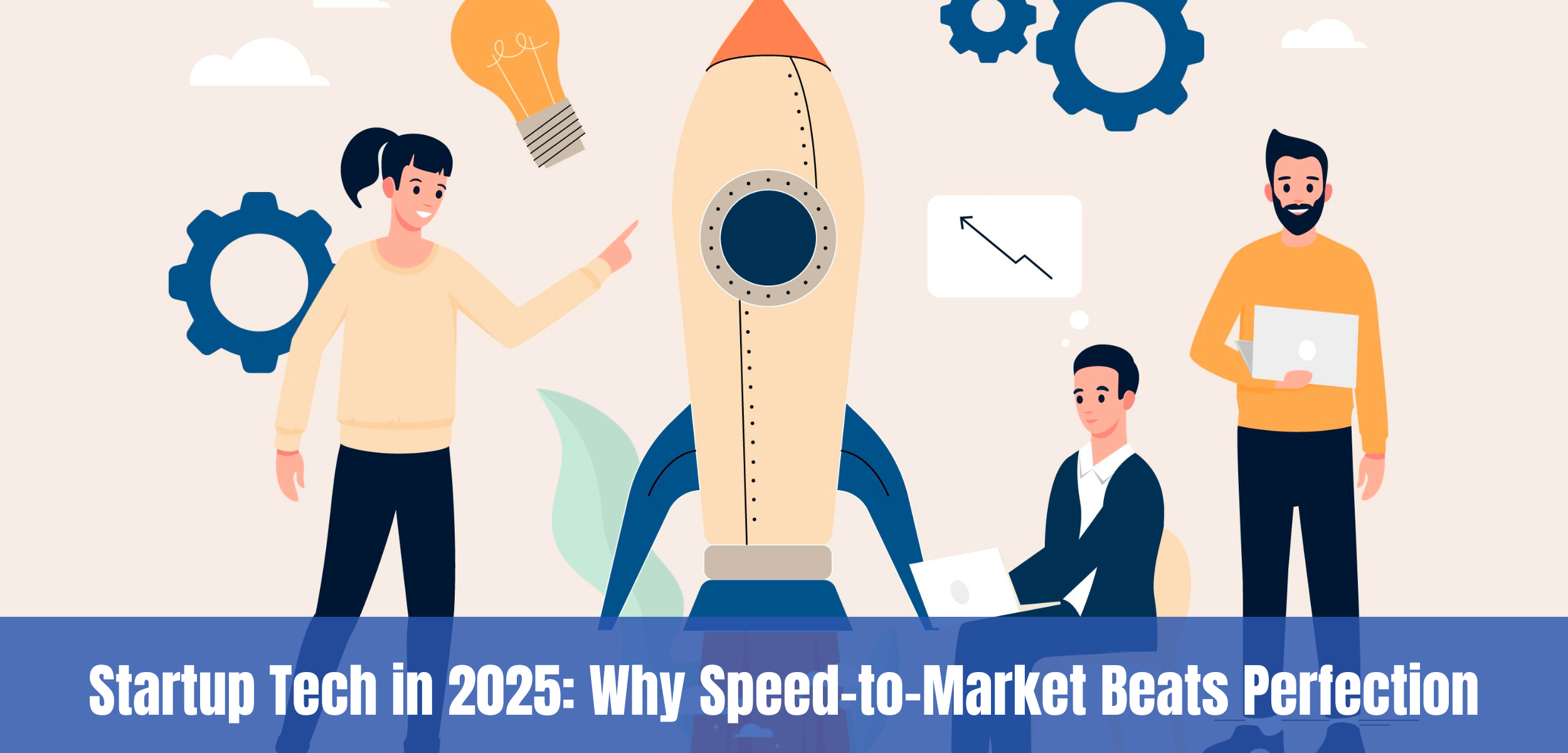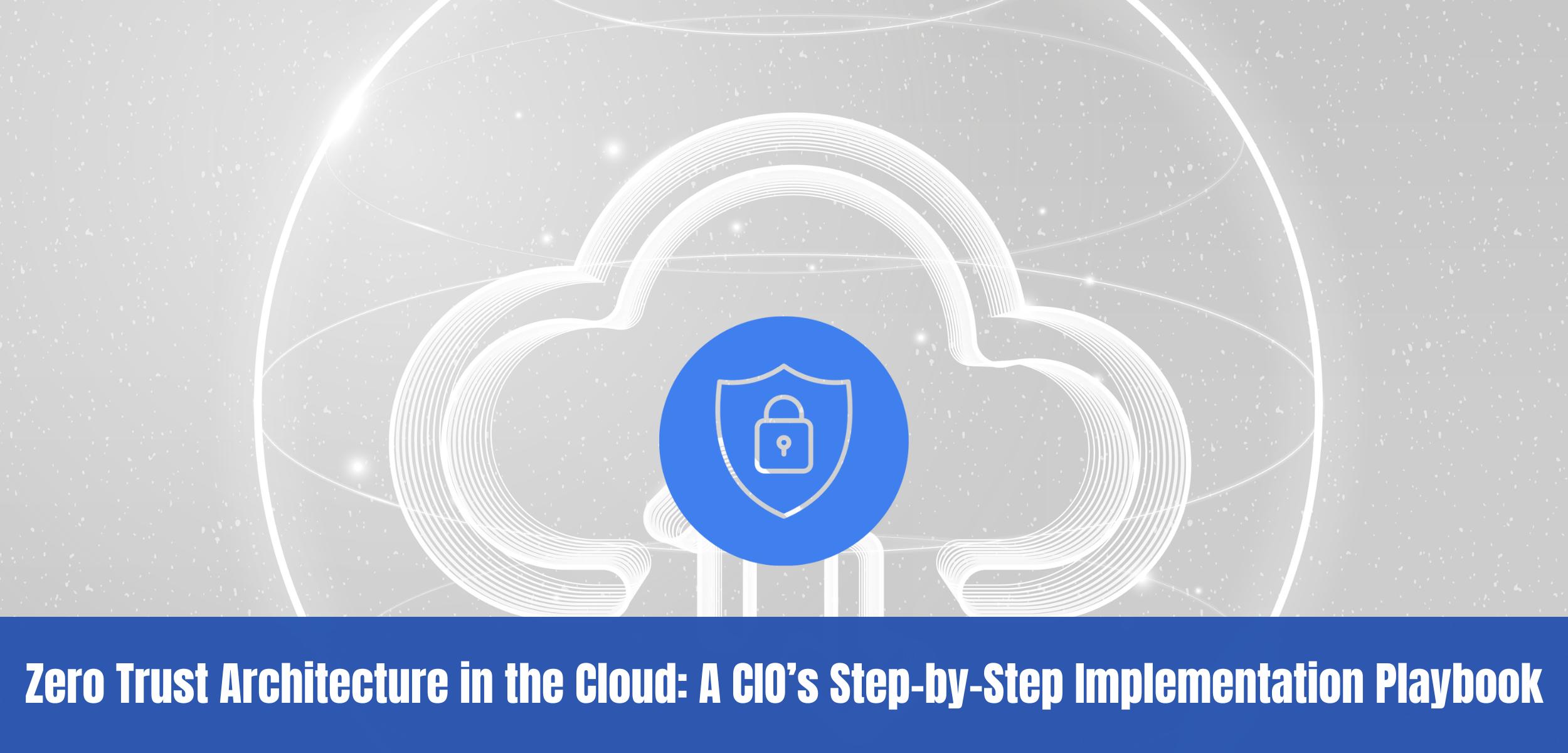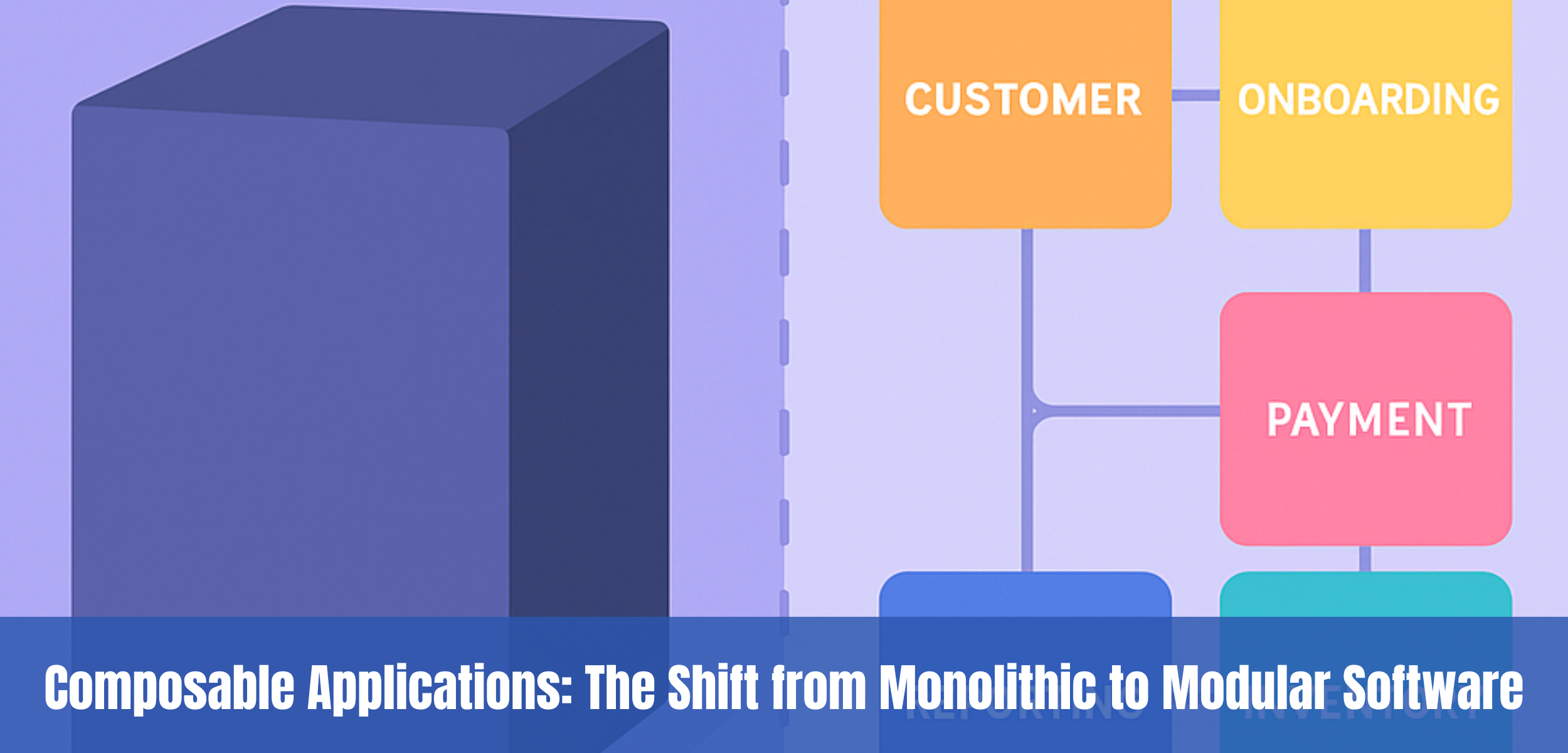The startup world has always been fast-paced, but in 2025, the tempo feels almost relentless. We’re living in a time when technology is not just evolving — it’s accelerating. AI-native products are no longer emerging; they’re expected. Investors have grown skeptical of polished decks and care more about traction and momentum. In this high-velocity climate, one principle is more relevant than ever: getting to market quickly matters more than getting everything perfect.
For founders and product managers, this shift demands a rethinking of how products are built, shipped, and improved. The quest for polish can no longer justify delay. Today, success belongs to those who launch early, learn rapidly, and iterate confidently.
The Pressure to Move Faster in 2025

Startups in 2025 are not just competing with one another; they’re racing against time. Thanks to generative AI, no-code tools, and global developer talent, the barrier to launching a product has dropped significantly. But so has the window of opportunity.
AI and low-code platforms have made it possible to develop prototypes and MVPs in weeks. APIs are widely available, ecosystems are mature, and even sophisticated capabilities like image recognition, language models, or data processing can be plugged in with minimal effort. In short, if you're solving a problem, someone else is already building a version of it.
And investors have noticed. Many no longer wait for perfection. They look for signs of fast, customer-driven iteration. A working MVP with real usage signals — even if scrappy — often speaks louder than a deck with grand projections.
If you're still in stealth, ask yourself: what's the smallest version of our product that could start validating our assumptions this month?
Why Perfection is the Wrong Goal
Let’s talk about the real cost of perfection. Every founder has faced it: the temptation to hold off on launching until it’s “ready.” But waiting often leads to missed learning opportunities, bloated roadmaps, and wasted team energy on untested features.
You might think you're protecting your brand or making a better first impression — but in reality, you’re delaying the only thing that matters: feedback.
Over-polished products built in isolation tend to reflect internal assumptions, not market truths. The longer you wait, the more you’re guessing — and in 2025, that’s a luxury which startups can’t afford.
Speed Doesn’t Mean Carelessness
There’s a misconception that moving fast compromises quality. In truth, shipping fast means choosing your battles. It’s about delivering value sooner, not delivering junk.
Launching fast means:
- Focusing on one clear use case
- Cutting non-essential features from the first release
- Embedding ways to learn from users on day one
- Automating deployments and using mature infrastructure
Product-led growth strategies — like waitlists, invite-only betas, or self-serve onboarding — allow teams to ship early without exposing themselves to full-scale scrutiny. You don’t need to ship to everyone. You need to ship to someone who will give you meaningful feedback.
Deliver Value, Not Just Features

In 2025, an MVP alone may not stand out. The real benchmark is a Minimum Viable Product that delivers immediate, tangible value.
It's not about feature completeness. It's about creating that first breakthrough moment — when the user instantly recognizes, “This solves my problem.”
To achieve that:
- Don’t build a full login system if a magic link will do
- Don’t obsess over the UI if the UX solves a real pain
- Don’t focus on delighting users until you’ve helped them succeed
Use lightweight onboarding to guide users straight to value. Tools like Hotjar, Posthog, and FullStory can help you identify user friction so you can improve what matters most.
The Guardrails That Still Matter
Moving quickly doesn’t mean moving recklessly. Founders and PMs must know what not to compromise.
Some things must be done right the first time:
- Security: Even MVPs should have basic encryption, role-based access, and error logging.
- Privacy & Compliance: Especially in healthtech, edtech, and finance, GDPR and local laws aren’t optional.
- Responsible AI: In the AI-driven world, ethical model behavior, dataset transparency, and explainability matter.
Using feature flags, gradual rollouts, and A/B testing infrastructure helps you experiment safely while avoiding big public missteps.
Tools and Rituals for Speed-First Teams
Your tech stack and workflows should enable iteration — not slow it down.
Recommended tools for 2025:
- Frontend: Next.js, Tailwind, Framer for quick UI iteration
- Backend: Supabase, Hasura, Firebase
- Infra & CI/CD: Vercel, Fly.io, Railway, GitHub Actions
- Feedback & Analytics: Canny, UserLeap, Posthog, Amplitude
- AI: LangChain, OpenAI, Claude APIs
Also important: build a culture that supports speed. That means weekly demos, async updates, and clear “definitions of done.” If a feature doesn’t move the product closer to solving a core user problem or delivering value fast, it should be cut.
Metrics That Actually Matter
Shipping quickly is only half the equation. What matters more is what you learn.
Track:
- Time to Value (TTV): How long does it take for a user to get value?
- Activation Rate: What % of users reach a meaningful moment of success?
- Retention & Engagement: Are users coming back?
- Qualitative feedback: What do early users say, without prompting?
In the early stages, learning velocity is more valuable than growth velocity.
Culture of Shipping, Not Just Building
Startups that win in 2025 share a culture of action. Founders lead by example, not from roadmaps. Product managers say “no” more often than “yes.”
It’s a mindset:
- Don’t over-plan — over-test
- Don’t fear launch — fear silence
- Don’t ship when it’s perfect — ship when it’s usable
Building in public, running feedback loops, and accepting that version 1 is only the beginning — these are the traits of resilient product teams.
Conclusion
Speed-to-market isn’t just about being first. It’s about being first to learn.
Perfection is no longer the precondition for credibility. Instead, credibility comes from clarity: knowing your customer, solving their pain, and showing that you’re listening.
Founders and product managers (PMs) who embrace this mindset will not only build faster — they’ll build smarter. Because in the end, what really matters is not what you built — but what you shipped, learned from, and improved.
Need help building fast, and right?
Evermethod Inc helps startups launch products with speed, technical precision, and long-term resilience. Whether you're at concept stage or scaling your MVP, our teams bring the expertise to get you to market without cutting corners.
"If speed is your strategy, let Evermethod Inc be your launch partner—built for agility, backed by engineering, and focused on outcomes."
Get the latest!
Get actionable strategies to empower your business and market domination
.png?width=882&height=158&name=882x158%20(1).png)

.png/preview.png?t=1721195409615)

%2013.png)


